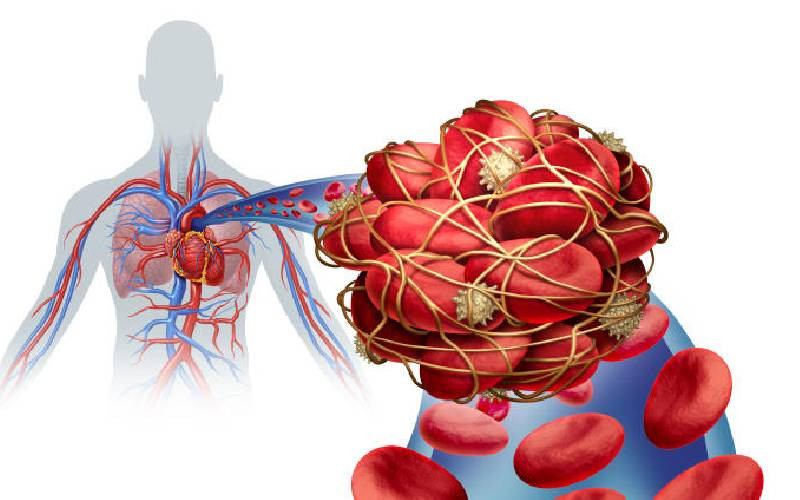
One of the conditions former Prime Minister Raila Odinga was diagnosed with is chronic kidney disease (CKD). This means that the kidneys are not functioning normally. The word chronic indicates that the condition has been present for some time — at least three months.
The kidneys’ primary role is to clean the blood and remove toxins from the body. CKD therefore means the body is retaining some, or most, of these toxins. Kidney function is assessed by testing the level of a chemical in the blood known as serum creatinine.
In most cases, there are very few symptoms until the disease becomes advanced. CKD has five stages: from stage 1 to stage 5. In the early stages (1 to 4), patients may be completely asymptomatic.
In advanced CKD, fluid starts to build up in the body. You may notice swelling in your legs or find that you become breathless when walking, due to fluid accumulating in the lungs.
Other symptoms include nausea and loss of appetite, as toxins also build up in the stomach and intestines. Many patients also experience persistent itching, as toxins accumulate under the skin.
The most common causes of chronic kidney disease in Sub-Saharan Africa are diabetes and hypertension — or both. Other risk factors include obesity, which increases the likelihood of developing CKD, and family history of the condition.
Prolonged use of over-the-counter painkillers such as Brufen or Diclofenac (known as non-steroidal anti-inflammatory drugs), as well as the use of herbal medicines, can also damage the kidneys.
In regions such as Kenya, where HIV prevalence is high, the virus itself can predispose individuals to chronic kidney disease.
- Concern over rising HIV infections among the youth
- Siaya seeks to boost access to diabetes, hypertension medication
Keep Reading
The prevalence of CKD also increases with age, particularly among men, because prostate enlargement — which typically occurs after the age of 50 — can obstruct the flow of urine from the bladder. This leads to a build-up of urine, causing back pressure that damages the kidneys.
The first step in treatment is to identify and manage the underlying cause. For example, if diabetes or high blood pressure is present, it is crucial to maintain normal blood sugar and blood pressure levels.
Patients who use painkillers or herbal medicines are advised to stop. Adopting a healthy lifestyle — eating well, exercising regularly, maintaining a healthy weight, and ensuring adequate water intake — is also important.
However, most CKD patients do not die from kidney disease itself. The leading cause of death is cardiovascular complications such as heart failure or heart attack. People with CKD are at higher risk of developing heart failure or myocardial infarction (commonly known as a heart attack).
The kidneys also regulate the body’s electrolytes, such as potassium. Any imbalance can cause arrhythmia — an irregular heart rhythm — which may lead to sudden cardiac death.
According to available medical data, about 10 per cent of Kenya’s population — approximately 5.2 million people — are living with chronic kidney disease, often without knowing it. Of these, an estimated 520,000 people require some form of treatment. More than 20,000 need renal replacement therapy, such as dialysis or kidney transplantation.
Dr Bagha is a consultant physician and nephrologist at MP-Shah Hospital in Nairobi
 The Standard Group Plc is a multi-media organization with investments in media
platforms spanning newspaper print
operations, television, radio broadcasting, digital and online services. The
Standard Group is recognized as a
leading multi-media house in Kenya with a key influence in matters of national
and international interest.
The Standard Group Plc is a multi-media organization with investments in media
platforms spanning newspaper print
operations, television, radio broadcasting, digital and online services. The
Standard Group is recognized as a
leading multi-media house in Kenya with a key influence in matters of national
and international interest.











